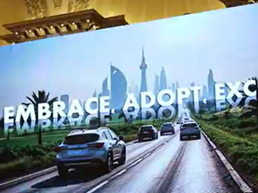
ECCJ held a workshop on automobile energy efficiency for Kingdom of Saudi Arabia
<Date > Thurs, 20th February 2025, 10:00-12:00
<Location> Platso auditorium, Jeddah
<Summary>
On February 20th, 2025, under the entrustment of the Agency for Natural Resources and Energy, METI, The Energy Conservation Center, Japan (ECCJ) held a workshop for the Saudi Japanese Automobile High Institute (SJAHI) at the Plasto auditorium , jointly sponsored by Saudi Arabia and Japan.
In the Kingdom of Saudi Arabia, energy efficiency has become a crucial policy issue to utilize its valuable hydrocarbon resources and achieve net-zero emissions by 2060, following the “carbon circular economy” approach announced by the Crown Prince. The Japanese government is cooperating with the Kingdom in many areas of energy efficiency to support its energy efficiency challenges. To continue this progress, this workshop aims to train the Kingdom’s younger generation of energy efficiency experts for the future and develop new strategies to promote energy efficiency in the transportation sector by sharing experiences and exchanging ideas between experts from the Kingdom and Japan.
The themes of this workshop are as follows
(1) Enhancing Vehicles Energy Efficiency in Saudi Arabia
(2) Importance of energy conservation (ECCJ)
(3) Transitioning to Carbon Neutrality: Automotive Sector Challenges and Initiatives (JAMA: Japan Automobile Manufacturers Association)
(4) Saudi Youth and Hybrid Vehicles: A Comparative Statistical Analysis
(Saudi Japanese Automobile High Institute (SJAHI) and students presentation)
Following the welcome speech by Mr. Hattan Hassan Nadra, Director of SJAHI, Mr. Sho Inokuchi, Director of Minister of Economy, Trade and Industry (METI) made an opening remarks and H, E, Mr. Daisuke Yamamoto, Consul General, Consulate-General of Japan in Jeddah made a congratulatory remarks.
SEEC delivered a presentation on several topics, including the improvement of the average fuel economy of the Kingdom’s LDVs by 28% since the implementation of the Saudi CAFE and the launch of Saudi CAFE Phase III for new LDVs in 2024, the 31 media campaigns conducted since 2015 to raise public awareness about energy efficiency, and the impact of consumer choices based on labels before purchase, and energy-saving behavior after purchase on fuel efficiency.
ECCJ explained what energy conservation is, ways to promote it, and the need to adopt multiple approaches to achieve a Carbon Circular Economy. On that basis, ECCJ emphasized the importance of starting with what can be done immediately and encouraged students to act as ambassadors to promote energy conservation.
JAMA pointed out the challenges for the automobile industry in achieving carbon neutrality, such as the need to consider carbon neutrality across the entire life cycle, from “parts manufacturing” to “disposal and recycling” (i.e., the importance of achieving this through Life Cycle Assessment (LCA)). JAMA also highlighted how energy policies vary by country, which may result in certain vehicles not being marketable in some countries, even if they are produced by the same manufacturer. The goal is to achieve carbon neutrality and there are variety of approaches, including HVs, EVs, PHVs, FCVs, and internal combustion engines that use carbon-neutral fuels. It was also emphasized that, in order to reduce greenhouse gas emissions and prevent global warming, it is essential for the entire world to work together, adopting diverse approaches tailored to different regions and environments.
SJAHI instructors and students gave presentations on the features, benefits, and future of hybrid vehicles.
Afterwards, a comprehension quiz was conducted using Slido, an app that allows live polling, to assess students’ understanding of the presentations. A total of six multiple-choice fill-in-the-blank questions were given, based on key points from the SEEC and JAMA presentations. These questions served as a reminder of important keywords such as “Saudi CAFE standard,” “Fuel Economy Label,” “Driving Behavior,” “Greenhouse Gas,” “Overheating,” and “Multiple Pathway.”
Among the 161 students who participated in the quiz, 25 answered all the questionscorrectly.
During the Q&A session, there was a lively discussion with questions from the audience on what Japan and Saudi Arabia should do to promote carbon neutrality while addressing the needs of the automobile industry, how consumers can contribute to energy conservation through their actions, and what measures are necessary to integrate renewable energy into the automobile industry.
Attendees included 100 SJAHI students, 100 invited guests, and approximately 50 other relevant attendees. Meaningful knowledge and experiences were shared on enhancing energy efficiency in the transportation sector.
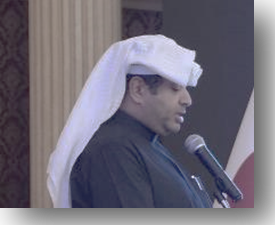 | 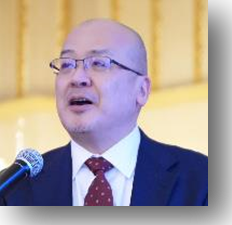 | 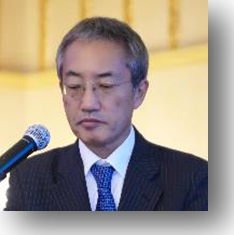 |
SJAHI, Mr.Hattan | Mr. Inoguchi, METI | Mr.Yamamoto Consulate General of Japan |
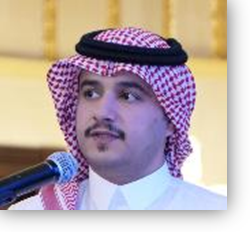 | 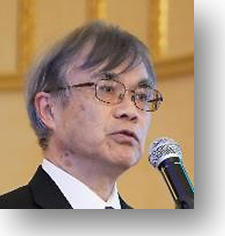 | 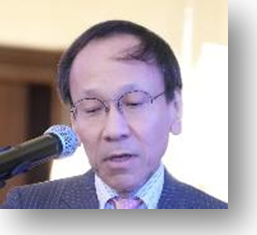 |
Mr. Alqarni, SEEC | Mr.Sugai, ECCJ | Mr.Oka, JAMA |
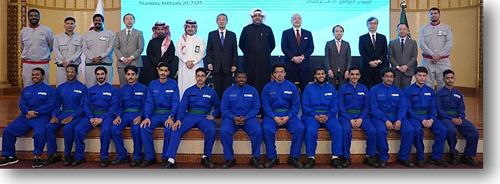
Presenters
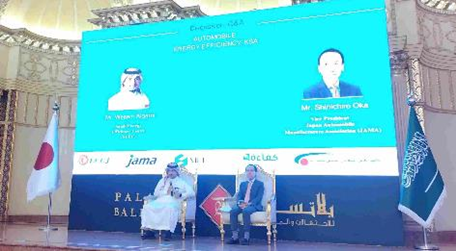 | 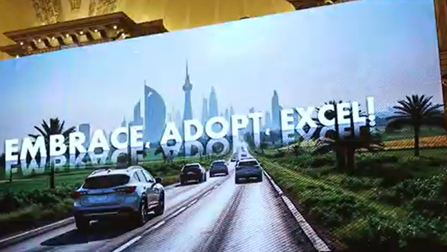 |
Q&A | SJAHI student presentation |
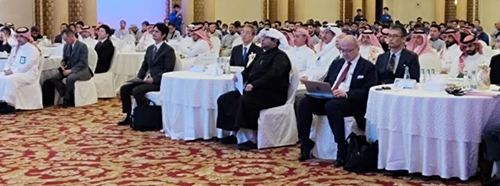 Venue during the workshop
Venue during the workshop

